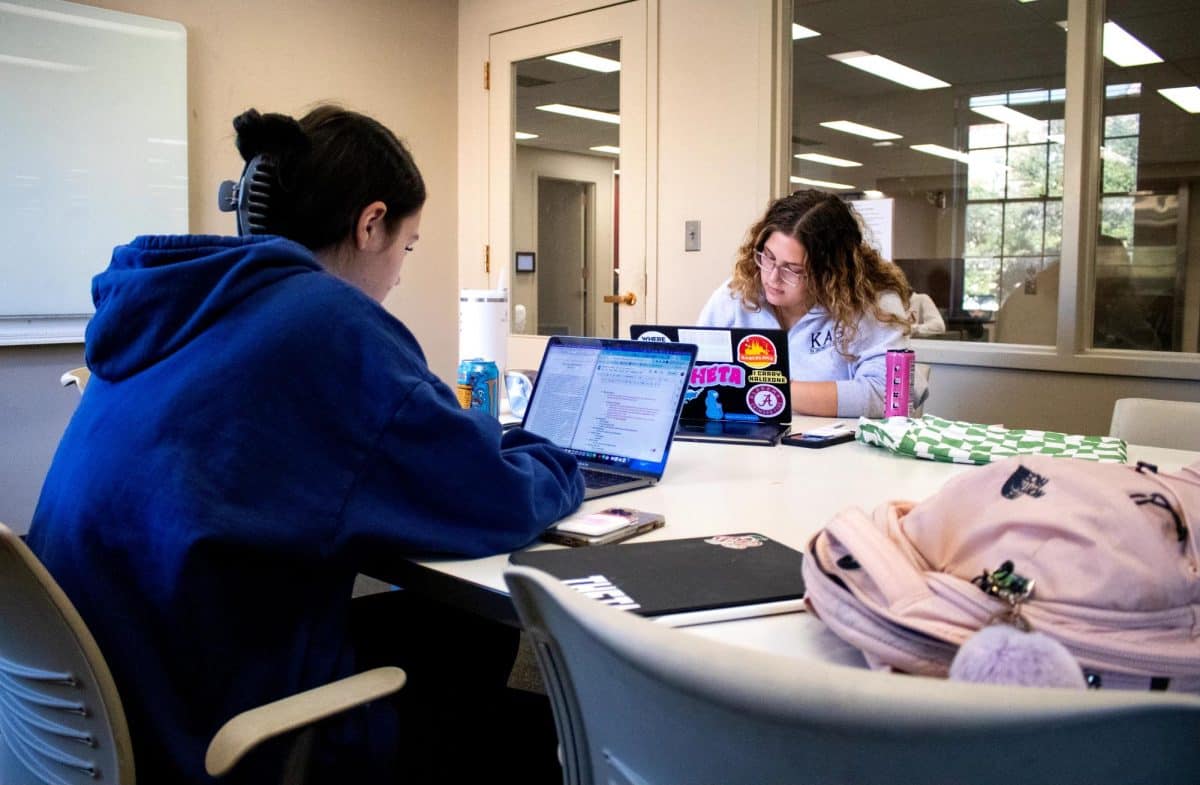Most of my friends know I’m a member of the Baha’i Faith. It’s not that I go around telling people all the time. Religion just tends to come up here.
Few people have heard about the world’s newest independent religion, so I get a lot of questions about it, and I’ve taken to giving my “two minute talk” on the topic to explain briefly but accurately just what it is that I believe. It takes a lot more than two minutes to explain any religion fully, but here goes:
Baha’is believe in one God, infinite and unknowable. He is a mystery, but through his divine messengers (including Moses, Abraham, Jesus, Mohammed, Buddha, Krishna, and Baha’u’llah, the founder of the Baha’i Faith) we may glimpse his truth. By following the laws and teachings of these great personages, we can progress both spiritually and materially as a society.
We believe conflict is the invention of man, and disparity among religions is but the product of our own misunderstandings. Baha’i’s work to tear down prejudice and discrimination in all its forms. Baha’u’llah teaches that unity is the underlying factor in all things. The equality of races and genders, the harmony of science and religion, the elimination of extreme wealth and poverty are all examples of the influence that unity could have on our civilization.
I know it’s a lot to take in at one time, but don’t just take my word for it. Independent investigation of truth is one of the most important principles we hold. With no clergy, we are each expected to grasp the reins of our faith and serve humanity in our own way. More details on any of this information can be found at bahai.org, or you can email us at [email protected].
So there’s a bit of background for you. Baha’i Faith 101, if you will. Many people look at this and say, “But what’s new? I’ve seen that before in other forms. Why do we need a whole new religion?”
To that, I say, just look at the many needs of the world today that demand our attention. The Baha’i faith gives us explicit directions on how to fulfill the needs of man in this day and age.
Looking through any newspaper can tell you how badly we need a solution: We need environmental action and equal rights for all men, regardless of age, sex, gender, race, creed, nationality or class. We need peace and not war. We need universal education that carries with it the potential to lift the downtrodden out of poverty. We need an end to divisive governance. We need any number of things, varying wildly depending on who you ask.
What strikes me is that all these movements, for some reason, are each addressed separately. In truth, they are so intermingled that they are in fact inseparable. I challenge all of you to write down several specific issues within the cause that you care most about. Then look at the underlying factors of each of those. It may take a few tries, but you’ll see that they branch out into other causes — whether it is the environment, medicine, education, equality, poverty, or family, your cause is inextricably linked to others.
The way I see it, our needs are all united for a reason, for all of us must work together to solve them. Pushing for one side of one issue isn’t effective for progress. I see each of these individual causes as a thread in the fabric of the larger plan: the cause of God. It is through his teachings that we can achieve more in our world.
Yes, our own sense of morality may carry us a good ways, but when it comes down to it, nothing has the power to stir our hearts and minds to action like faith, and nothing is so potent as religion if you want to bring change. So really, when people ask me why I became Baha’i, I tell them:
I believe in action, and in diverse communities working together towards the betterment of our world. My faith gives me the motivation and capacity to accomplish just that. Words and ideas alone are simply not enough. I see in Baha’is a drive to do and achieve more than in any other group. If you don’t believe me, try talking to one.
The Baha’i club has held regular “fireside forum” discussions on a broad range of topics related to the Baha’i faith this semester. Details on remaining events can be found on our Web site on the SOURCE.
Mallory Flowers is a freshman majoring in chemical engineering. This column is part of a series on religion.








